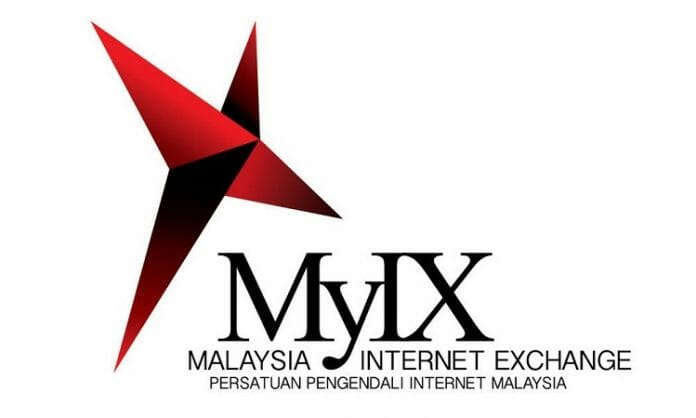The Ministry of Transport (MoT) should be applauded for their commitment in ensuring that Malaysia’s internet infrastructure, particularly submarine fibre optic cables, continues operating uninterrupted as the country emerges as a strategic data centre hub in Southeast Asia (SEA).
Malaysia Internet Exchange (MyIX) chairman Chiew Kok Hin praised MoT representatives as “unsung heroes for their ongoing commitment to boost Malaysia’s competitiveness in attracting global technology players to our shores”.
Under traditional maritime cabotage policies, no foreign-owned vessels are allowed to operate within Malaysian domestic waters without required approvals.
However, realising the critical importance of Malaysia’s internet infrastructure to national competitiveness, MoT has made exemptions for foreign vessels performing undersea cable maintenance in Malaysian waters.
“MoT’s ongoing commitment is very reassuring for foreign players investing in our country’s internet backbone, and this includes subsea cables,” said Chiew in a statement.
Facebook of the United States and NTT of Japan are among two global giants which have invested substantially in Malaysia’s internet infrastructure.
According to a study by RTI International, an international US-based research institute, subsea cables have had a significant impact on Malaysia’s economy, increasing GDP per capita by 6.9% between 2011 and 2015 and increasing job opportunities in services by 3.6%.
“Over the long-term, for every 10% increase in international bandwidth consumption per user (IBWPU) there has been a 0.24% increase in GDP per capita,” said the study, which Chiew cited.
“As more of Malaysia’s economy shifts towards industries leveraging cutting-edge technology like subsea cables, highly educated and skilled segments of the labour force may be relatively better poised to take advantage of the technology.”
“Policies that expand geographic access and improve access through pricing while maintaining broadband quality, such as market regulation to increase competition among service providers, would likely further amplify subsea cables’ impact on overall growth while mitigating the emergence of inequities,” added the report.
In recent years, Malaysia’s data centre market has also seen strong growth from both local and international providers.
Foreign players with data centres operating in Malaysia include Alibaba, Hitachi, NTT, Microsoft, IBM and Bridge Data Centres.
Chiew said that a growing number of data centre operators have and are moving to Malaysia to enhance data speeds to cater for densely populated cities within SEA, coupled with increases in local demand against the backdrop of improvements in cross-border data flow regulations.
“More international connectivity and a robust domestic backbone would continue to attract sizeable investments into Malaysia. It only makes sense for our country to continue capitalising on our strategic geographical location, ease of access and relatively lower cost of entry,” Chiew said.
MyIX is an initiative under the Malaysian Communications Multimedia Commission. It was established to keep Malaysian internet traffic local by promoting and allowing direct connectivity among local internet service providers (ISPs), content distribution networks (CDNs) and other industry enterprises.









